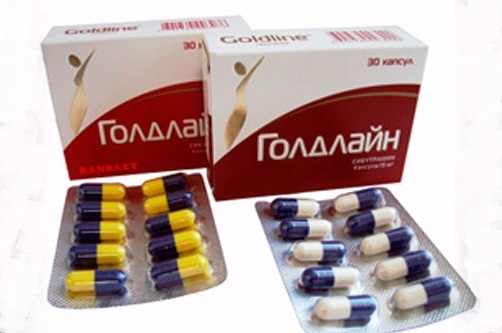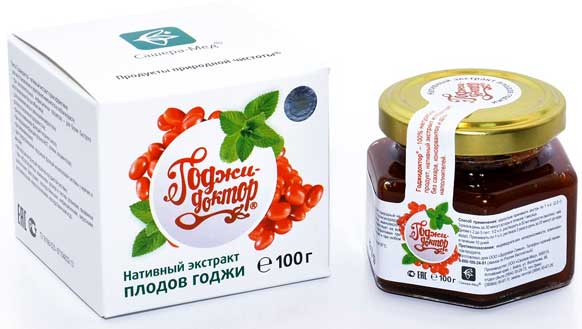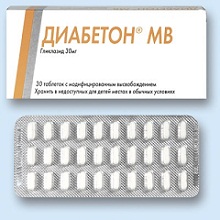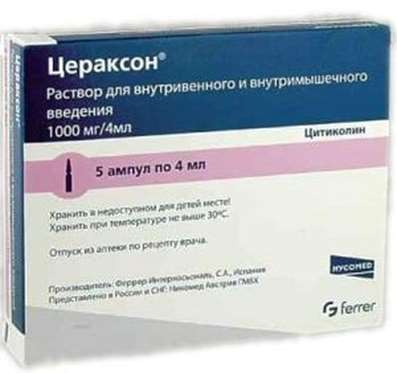02 Dec 2016
5 facts about the causes of gastritis and ulcers and modern methods of treatment

The food in the human or animal body passes through the esophagus to the stomach from the stomach into the intestine, and the remnants are ejected. This system is known and is characterized by the fact that the route of food occurs a change in pH or acidity. This achieves deep digestion.
- 1.The mechanism of the stomach
In the stomach, as everyone knows, a lot of acid in the form of hydrochloric acid. Further food enters the intestine, where the acid is neutralized in the intestine have already slightly alkaline content, and thus, digestion and assimilation occurs on other mechanisms in the intestine than in the stomach. Of course, driving as much hydrochloric acid in the stomach, it is easy to assume that the stomach is not good from this will. Imagine that you are on the language itself will drop a drop of hydrochloric acid - you will be very, very painful. Therefore, in the stomach have special mechanisms which protect itself and its stomach wall from the excess acid. The task of the stomach wall - throw acid and protect those cells at the same time, that acid discarded from the destruction of the most acid. The main barrier is the "guardian" of the gastric wall is a layer of mucus, which has a small amount of alkali, which actually protects the gastric surface of the rest of the muscle wall of the stomach from the acid and neutralize it.
- 2.The consequences of failure to protect the stomach
What happens if suddenly, for whatever reason, this protection is broken? And the reasons for the fact can be quite a lot and variety. As a rule, there is an inflammatory reaction in the stomach, which resulted in part the barrier begins to break down. If he just breaks down and there comes some kind of undesirable local inflammatory response, we call it a gastritis. The symptoms of gastritis know everything: burning sensation in the stomach pain. If this process goes on, in the place where we had originally inflammatory reaction is more severe destruction of the gastric wall, to the extent that can be formed "dents and hollows" - a condition we call ulcer. Ulcer - is, roughly speaking, the prolonged gastritis, which leads to the fact that we have in the site of the lesion formed mechanical defects of the stomach wall.
Further development of the ulcer can lead to bleeding, in extreme cases - to perforation, that is, frankly, this dent is converted into a hole that must be patched by surgery. There may be other consequences: on the site of the ulcer may form a cancerous tumor, and thus will continue to be a malignant process - what we call cancer of the stomach. To protect stomach - buy Peptides (Cytomax) Stamakort, Peptide complex for restore digestion, Vitamin B6 (Pyridoxine) injection.
- 3.Methods of treatment in the past
All of these diseases of the stomach are well known. Most of the people or their ill or hurt - this is a very common disease. Unfortunately, until recently, was not sufficiently clear and effective ways to treat gastritis, peptic ulcer disease, not to mention stomach cancer.
What was used? We used the correction of the diet. Primarily we exclude those components somehow irritate the stomach wall, and increase the secretion of acid. It is also used in a variety of mineral waters, say "Borjomi" - weakly alkaline water. Later, people come up with a more effective means of neutralizing the acid that the stomach. All of this was used to reduce the amount of acid in the stomach and thereby alleviate symptoms of gastritis.
In the 80s there were more effective medications that are based on our knowledge of how there is increasing concentration of acid in the stomach. There are cells that emit this acid, in which there are special molecules which are proton transporter. Due to these cells are, in fact, the release of protons, i.e. the acid components in the stomach contents. And these cells are regulated by various factors, including, for example, histamine secretion and therefore blockers of histamine, histamine receptor blockers, or reduce the amount of acid in the stomach.
Thus, the treatment that has been used previously was intended to reduce the amount of acid in the stomach and thereby achieve a certain therapeutic effect - in fact, the temporary relief of symptoms. With long-term reduction of acidity happening - or not happening - partial healing. That is, in principle, and the gastritis and ulcers doctors once treated, but was treated successfully enough, and often have recurrences of the disease.
- 4.Antibiotics as a treatment for gastritis
In 1982, there was a real revolution in this field. Australian scientists have discovered the bacterium Helicobacter pylori, which is present in the stomach, and hypothesized that the presence of this bacterium determines gastritis and ulcer disease. Although this bacterium has already been isolated and characterized in 1982, nevertheless, for about ten years, the scientific community did not believe this discovery. And, unfortunately, it is a long time delayed the successful use of drugs that kill the bacteria, for the treatment of gastritis and stomach ulcers.
Fortunately, the proof of the validity of this hypothesis directly by experimentation was obtained. If there are bacteria, they can kill, and to date for this purpose developed sufficiently effective means - antibiotics. Conducted a simple study: patients with gastritis or ulcer treated with antibiotics or mixtures of antibiotics. And it turned out that such treatment is really effective. Moreover, the optimal solutions were developed, which was based on the fact that antibiotic, or rather the mixture of antibiotics is used simultaneously with one of those drugs which inhibit acid secretion. Thus, the decreased amount of acid in the stomach during the treatment, and simultaneously kill germs, bacteria, called "Helicobacter pylori." After such a course of simultaneous antacid and antimicrobials recovery occurred more frequently than in 90% of cases.
- 5.Value of opening bacteria
The fact that Helicobacter simply can not live in the stomach and good feel in a strong acid, it simultaneously allocates toxin destroying those immune cells that are responsible for the integrity and for gastric inflammatory reactions.
Thus, these bacteria reduce the immune properties of the stomach, and it becomes susceptible to attack foreign organisms. And today, this hypothesis is considered to be absolutely proven and evidence was award - the Nobel Prize in 2005 for the two scientists who discovered this phenomenon.
Why is it, in my view, a very unusual and very important discovery? On the one hand, it is unusual because it did not infectious diseases. And no one has ever directly no idea that one person can infect another gastritis. Studies that have been carried out, based on a completely different approach: people first discovered the bacterium, and then showed a correlation with the presence of this bacteria disease. And second, most importantly, on what used to spent a lot of money: the treatment of gastritis, ulcers requiring surgical intervention and prevention of gastric cancer is now cheap enough rate reached a mixture of antibiotics in combination with antacid drugs. This, in my view, one of the most important advances in medicine the end of the last century.

 Cart
Cart







